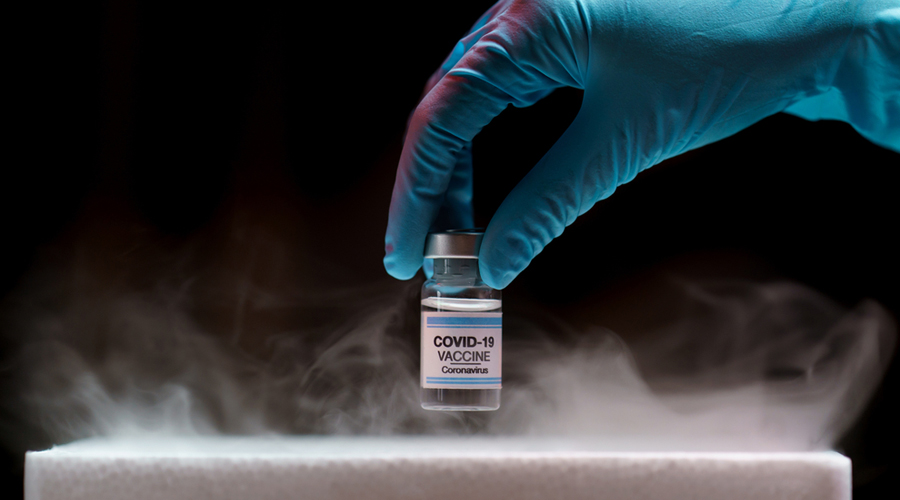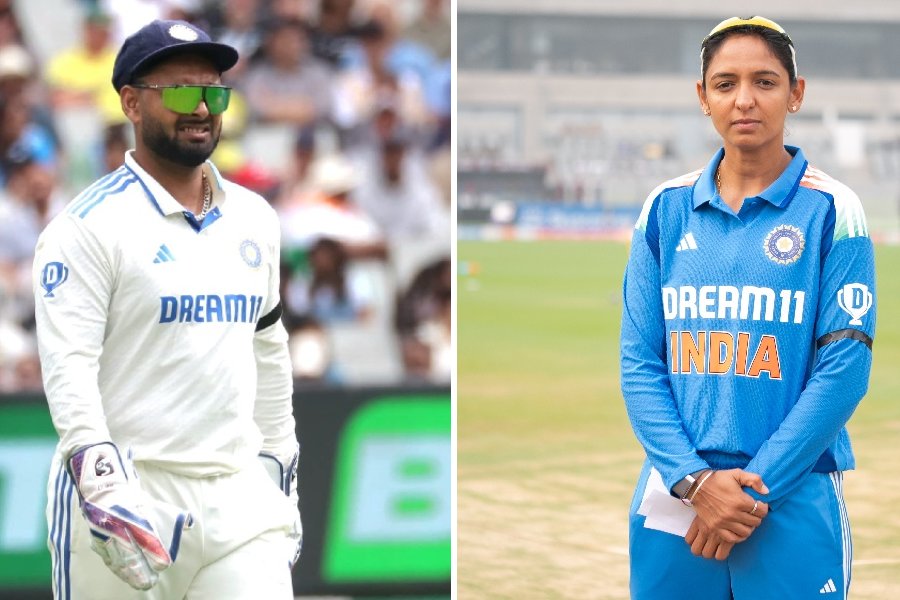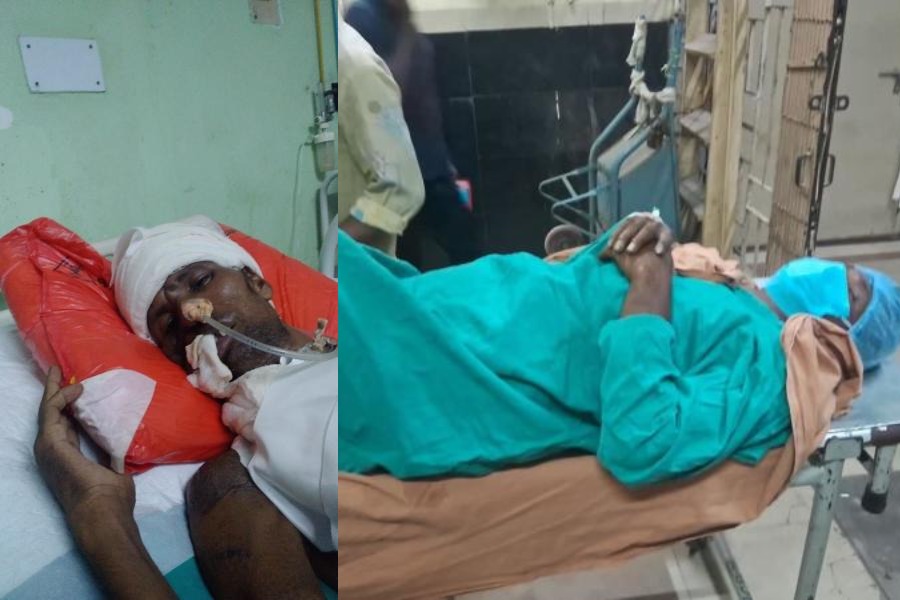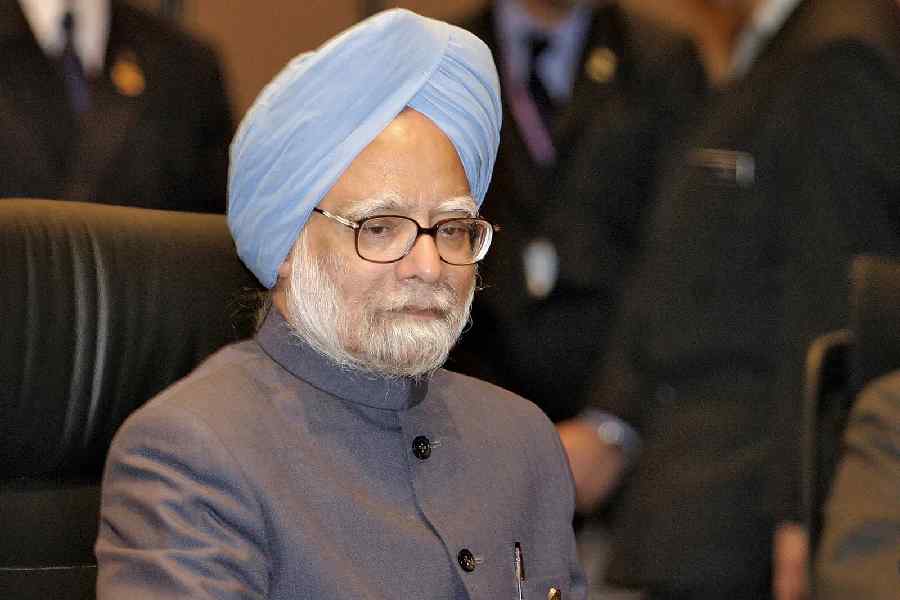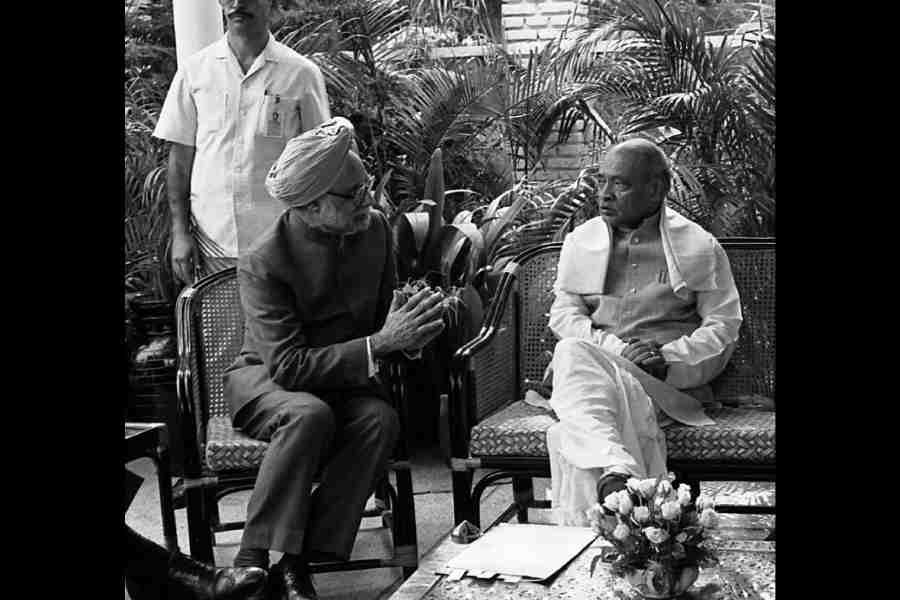Dr Urmila Thatte, professor and former head of clinical pharmacology at the King Edward Memorial College, Mumbai, is among the 631,471 healthcare workers across India who have received one of two Covid-19 vaccines used in the nationwide campaign until Tuesday evening.
Dr Thatte, who has been on an expert advisory panel on drug evaluation for the World Health Organisation and a former secretary of the Forum for Ethics Review Committees in India, on Tuesday took the AstraZeneca-Oxford vaccine, Covishield. But she told The Telegraph that she wishes she and all other beneficiaries had a choice.
I wish I had a choice. I wish all who get vaccinated have the option to choose between vaccines. Even in a pandemic, when there is an option to choose, we should get a choice.
I received Covishield, but I heard doctors in JJ Hospital (another public hospital in Mumbai) received Covaxin (the second vaccine India is using in the campaign).
I wonder whether I might have taken Covaxin — I’ve seen the data, we don’t know whether it has protective efficacy yet, but its immunogenicity is promising. Both vaccines have been released under restricted emergency use, but Covaxin is under a clinical trial mode, requiring informed consent.
But those asked to give informed consent have to have a choice. Informed consent has to be voluntary. But when there is no choice, when the choice is between taking the vaccine you’re offered or not receiving a vaccine at all, it is not voluntary. There is an element of coercion there. Vaccine acceptance has to come through conviction.
The haste with which Covaxin was approved has not been clearly explained. Some of us wonder — was it a political decision to show a ‘made-in-India’ vaccine? But India already has so much to be proud of on the vaccine front. We’re the world’s largest producer of vaccines. Over the years, we have established the organisation machinery needed to roll out vaccines — we’ve done that very well for measles, for polio, and other childhood infections.
I think we could have waited a few more weeks for the efficacy results from the Covaxin trials to emerge. However, when we have two vaccines approved, why not offer a choice to beneficiaries?

